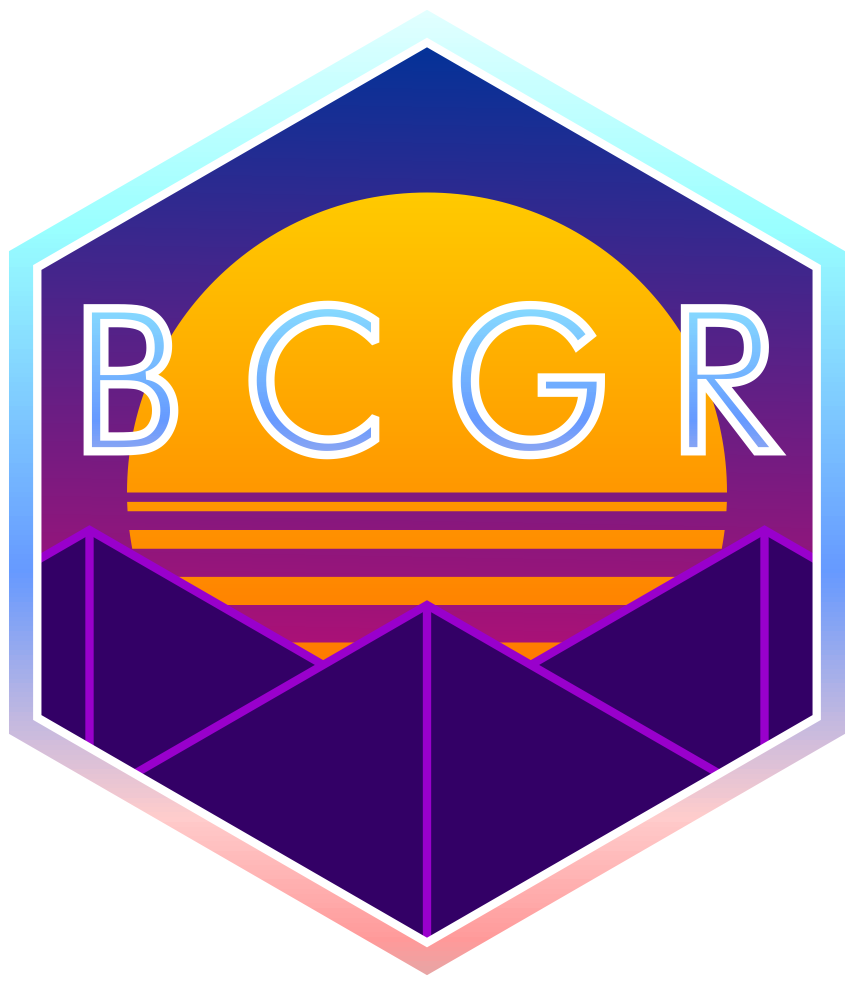The
Burning Hearts Social Club is a well-known, all-male organization of explorers, sensualists, heroes, and storytellers. The adventuresome members of the organization - known as Burnhearts for short - frequently find themselves in situations where discretion is of the utmost importance. These situations mostly arise as a result of entanglements with the locals in exotic locales, whether due to cultural or legal misunderstandings, grudges accrued over one's exploits, or simply chance encounters. For this reason, the little-discussed Burnheart Cant ("Kaso") was created to facilitate rapid and secure communications.
Burnheart Cant is characterized by the heavy inclusion of rhoticized vowels, minimalist word and sentence construction to encourage brevity, a system of declension for establishing the trustworthiness and actionability of clauses, and verbs that default to the imperative case. As a language spoken almost exclusively by members of an all-male subculture, the Cant features grammatical gender, but all nouns are considered male in their unaltered form.
Writing System
Cantscript combines an alphabet and ideogrammatic inventory for maximum compactness and obscurity to outsiders. The minimal phonemic inventory of Burnheart Cant lends itself well to being expressed by an alphabet, but certain mands (i.e. 'stop') come up enough in tense situations that they can be more concisely expressed through single glyphs. In any case, words can be expressed either phonetically or with ideograms as desired by the writer.
Cantscript is written right-to-left and bottom -to-top - in contrast to most other major natural languages present in the Manifold Sky setting - because this serves to frustrate decipherment by outsiders used to scripts written left-to-right or top-to-bottom. Even so, the ends of each sentence are lined up along the top so that an unversed observer would think they're meant to be deciphered from top to bottom. This scheme doesn't stand up to extended scruitiny, especially because professional covert agents like the Bards-Recursant have contacts in the Burning Hearts Social Club, but it does buy a little time.
Burnheart Cant syllables follow a CV1(V2) structure, where V1 can be any vowel but V2 must be a rhoticized vowel. Words can be as short as a single syllable, and many of the most common mands are this short for maximum expediency.
Burnheart Cant features obligate Verb-Subject-Object word order ("Ate I food"). Adjectives preceed nouns, but adverbs follow verbs ("Ate quickly I the tasty morsels"). Direct objects, indirect objects, and objects of prepositions appear at the end of the sentence in that order ("Shared I some food with the dog").
Consonants:
/m~n/, /p/, /k/, /t/, /f/ /s~ʃ/, /l/ /j/, /w/, /h/
Vowels:
/a/, /ɚ/ (e), /i/, /ɔ˞/ (o), /u/
Verbs incline for tense (past/present/future), number (single, plural), and person (1st, 2nd, 3rd). The verb is considered to be in the imperative case, present tense, singular, and second person if not otherwise modified. A special prefix can be applied to take the verb out of the imperative case, and it is considered rude to not use this prefix when the situation doesn't warrant immediate action. Verbs with the prefix but without a tense marker are in the infinitive case ("to run").
Burnheart Cant has no set adjective order, with adjectives tending to be ordered in terms of relative importance to the current situation. Speakers tend to default to whatever adjective order is appropriate for their first language if time is no issue.
Suffixes can be applied to any noun, adjective, verb, or adverb to inflect that part of the sentence for trustworthiness or feasibility. These two aspects each have five levels and are variously used to inform allies and obfuscate statements for enemies that might be listening.
Trustworthiness:
- This part is certain to be a lie.
- I made this up or I believe this part to be a lie, but it could be true.
- I'm not sure if this part is true
- I believe this part to be true, but it could be false.
- The part is certain to be true.
Actionability:
- This can't be done/used.
- I don't believe this can be done/used, but I'm not certain.
- I'm not sure if this can be done/used.
- I believe this can be done/used, but I'm not certain.
- We can definitely do/use this.
It is common for speakers of Burnheart Cant to do what is called 'bullshitting,' or throwing extraneous statements into a conversation declined for lesser levels of trustworthiness or feasibility than usual with the intent that a listener will overhear and misinterpret the speakers' plans.





I like the structural markers part, I think it's an evidential system of sort, and evidentials are always cool ^^ How was the language created in-world? Is it a pure conlang, with fully invented vocabulary, or was it influenced by some other languages or dialects? Is there a known inventor of the language? And is there some safety measures in place to make sure that no outsiders can learn the language?
Thanks! All good questions, and I will probably have to expand on this when the competition judging is over. The Burnheart Cant is an a priori constructed language, but the phonology is compatible with Vozendi because the creators and many speakers are of New Voxelian descent. The vocabulary, grammar, and structure are different, however. The evidential construction is believed to be unique. Notably, the language isn't compatible with Guild Pidgin, the de facto IAL of the setting. As for secrecy, there's only a small textual base and what does exist is distributed only among members of the Burning Hearts Social Club. Even then, instruction only goes out with members above a certain standing. The Cant isn't needed unless one is the kind of person to get into wacky, potentially dangerous, adventures. Low-level club members are often closer to tourists than real explorers, and its only when they and start talking about real danger in their travel stories and demonstrate trustworthiness to the organization that they are quietly approached by the elders and pub owners to receive the knowledge of the Cant.